The Rural Health Scholarly Concentration offers students an opportunity to learn and engage with rural communities through public health research. The didactic coursework teaches students about community and behavioral public health issues and methods, preparing students for their scholarly concentration research project. The coursework and project are designed to prepare medical students for engaging with unique health issues faced by rural populations.
Location
This concentration is only open to students at the Terre Haute campus. All concentration requirements can be completed online. The scholarly project work can occur in any rural community.
Curriculum and Timeline
Students completing the rural health concentration fulfill the same core curriculum as students in other concentrations. The didactic components provide a strong academic and experiential foundation in public health with a focus on rural health that is vital for completion of the core curriculum project and product. The journal club provides a platform for students to have longitudinal discussions about concentration-related topics with a cohort of students and faculty.
Students interested in doing both the Rural Health Scholarly Concentration and IMPRS program must choose an IMPRS project from the "Community Health Partnership and Education" track. This concentration permits students to do summer clinical work simultaneously with the Scholarly Concentration. Contact the co-directors listed below for more information.
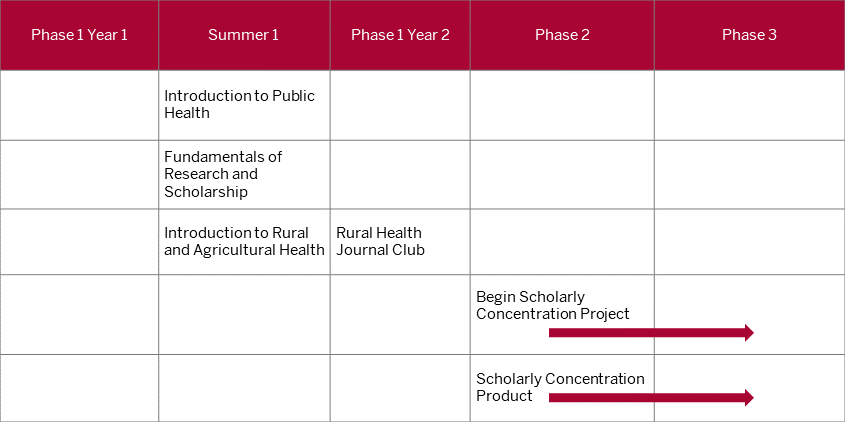
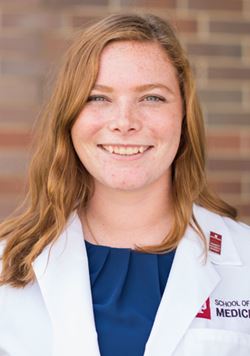 "The rural medicine education program and the scholarly concentration have strengthened my desire to serve those in my small community and have afforded me the skills to be able to do so with confidence and greater knowledge of the needs around me. It is preparing me to come home and care for those who took such good care of me."
"The rural medicine education program and the scholarly concentration have strengthened my desire to serve those in my small community and have afforded me the skills to be able to do so with confidence and greater knowledge of the needs around me. It is preparing me to come home and care for those who took such good care of me."
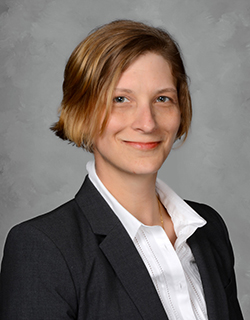
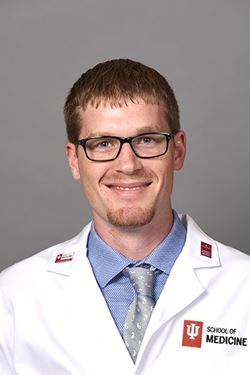 "Working in rural medicine gives you the opportunity to think outside of the box and come up with care plans that can be tailored to widely different people. I feel the Rural Health scholarly concentration has taught me how to handle many of these situations while moving forward in my career."
"Working in rural medicine gives you the opportunity to think outside of the box and come up with care plans that can be tailored to widely different people. I feel the Rural Health scholarly concentration has taught me how to handle many of these situations while moving forward in my career."
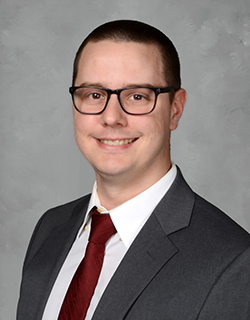 Why did you choose the Rural Health Scholarly Concentration?
Why did you choose the Rural Health Scholarly Concentration?
